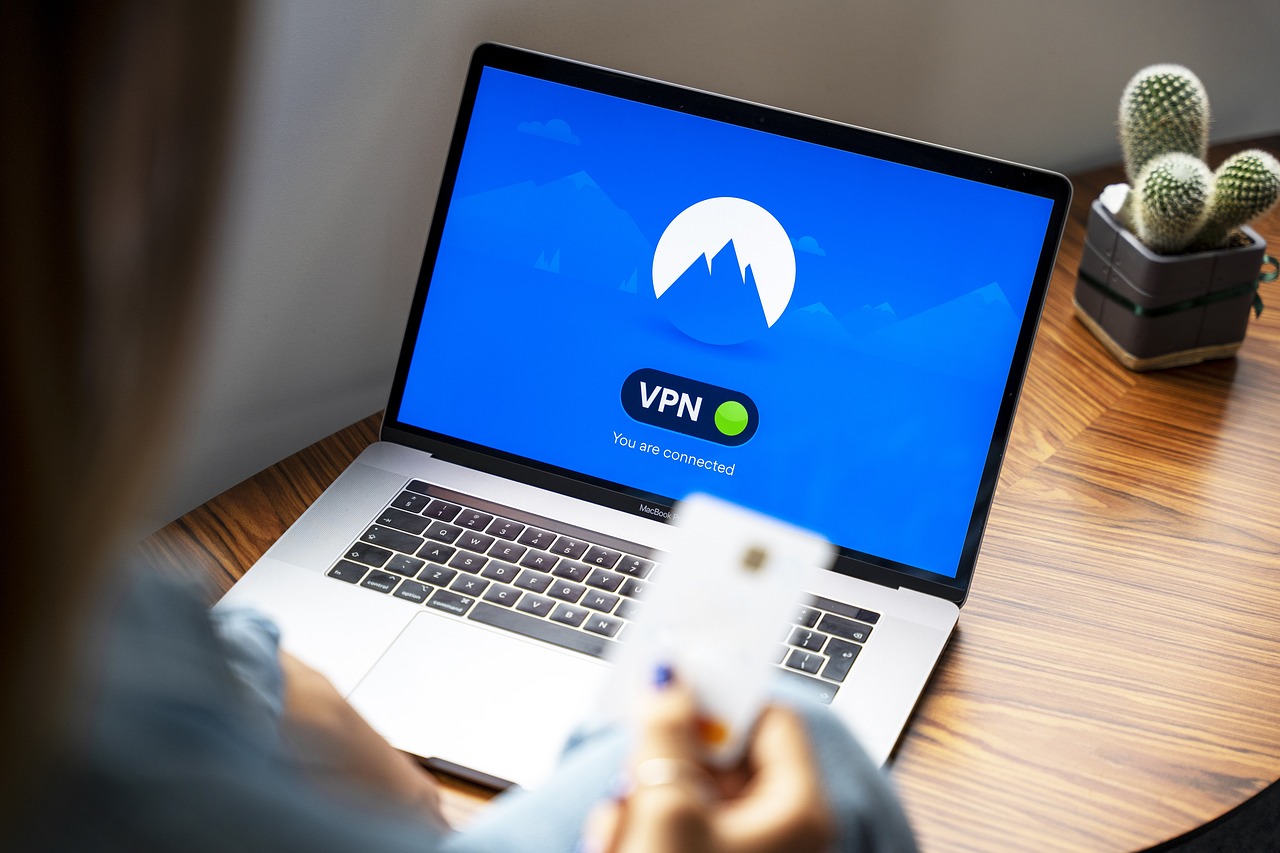
Navigating Financial Turbulence with Confidence
By: Marina Lima (marinalima@mabviral.com)
Introduction
Economic crises can be daunting, creating uncertainty and anxiety about financial stability. In times of high inflation, rising interest rates, and potential job losses, it’s essential to adopt a strategic approach to investing. Armed with the right knowledge and strategies, you can navigate this turbulent landscape effectively. This article provides expert tips for investing during an economic crisis, helping you to make informed decisions that can secure your financial future.
A Story of Resilience: John’s Journey Through an Economic Crisis
Meet John, a mid-level manager in his late 30s who, like many, found himself unprepared when the economy took a downturn. Before the crisis, John was confident in his spending habits and had a generous amount of cash saved in his bank account. He often relied on his credit card to manage daily expenses, believing his stable income would cover any debts. However, when his company announced layoffs due to the economic downturn, John faced a harsh reality.
With rising inflation eroding the value of his savings, John realized he needed to rethink his financial plan. Amidst the chaos, he understood that the decisions he made regarding his money could either propel him forward or lead to financial disaster. Determined to make the right choices, he sought guidance on investing during an economic crisis.
John’s journey is not just a story of hardship but one of resilience and adaptability. He learned valuable lessons about the importance of balancing risk and reward, the necessity of a diversified portfolio, and the need for ongoing education in the investment landscape.
Key Strategies for Investing During Economic Crisis
1. Assess Your Financial Situation
The first step in investing during an economic crisis is to evaluate your current financial situation. Take a closer look at your savings, debts, and monthly expenses. Are you carrying high-interest credit card debt? If so, it’s crucial to prioritize paying that off before making significant investments. The burden of high-interest rates can easily outweigh the potential returns from investments, especially during economic downturns.
2. Establish an Emergency Fund
Creating an emergency fund is essential for financial security during uncertain times. Aim to save at least three to six months’ worth of expenses to buffer against job loss or unexpected costs. This fund, separate from your investments, will help you avoid relying on your credit card for unexpected expenses, allowing your investments to grow without added financial stress.
3. Diversify Your Investments
One of John’s key revelations was the importance of diversification. Investing solely in one area, such as stocks, can be risky during a crisis when market volatility is prevalent. Instead, consider spreading your money across various asset classes:
- Stocks: Although they can be volatile, they offer long-term growth potential.
- Bonds: Fixed income securities can provide stability and predictable income.
- Real Estate: A tangible asset that can generate ongoing income through rent.
- Precious Metals: Gold and silver often hold value during economic downturns and can be a solid hedge against inflation.
4. Invest in Defensive Stocks
Defensive stocks, which include essential goods and services, tend to perform better during economic downturns. These companies usually have stable earnings and manage to maintain dividends, making them less susceptible to economic fluctuations. Consider investing in sectors like healthcare, utilities, and consumer staples.
5. Focus on Low-Interest Loans
In times of rising interest rates, the cost of borrowing can significantly impact your financial decisions. If you find yourself needing to borrow money, seek low-interest options and avoid using high-interest credit cards unless necessary. Paying off high-interest credit card debt should be a priority, as the interest can accumulate quickly and hinder your ability to invest efficiently.
6. Stay Informed and Educated
An economic crisis can change rapidly, so ongoing education is crucial. Stay updated on market trends, economic forecasts, and financial news. Engage with experts, read books, and participate in webinars to enhance your understanding of investment opportunities in uncertain times.
Common Questions About Investing During an Economic Crisis
1. Is it smart to invest during an economic crisis?
Investing during a crisis can be smart, provided you have assessed your financial situation and have a solid strategy in place. A well-thought-out investment plan can yield positive returns even in difficult times.
2. How do I manage my credit card debt during a crisis?
Focus on paying down high-interest credit card debt as a priority. Consider creating a budget that allocates a portion of your monthly income to debt repayment to avoid compounding interest.
3. What types of investments are best during a crisis?
Defensive stocks, bonds, and essential goods sectors typically fare better during economic turmoil. Additionally, diversifying your portfolio can mitigate risk and create a more stable investment landscape.
4. Should I sell my investments during a downturn?
Avoid making impulsive decisions during market downturns. It’s often wise to hold on to your investments, as markets can rebound. Assess your overall investment strategy and consult with a financial advisor if necessary.
5. How can I protect my investments from inflation?
To shield your investments from inflation, consider buying commodities, real estate, or inflation-protected securities. Investing in assets that typically appreciate during inflation can help maintain your purchasing power.
Summary
Investing during an economic crisis can be a challenging yet rewarding venture. By reflecting on John’s journey and incorporating expert tips, you can navigate financial turbulence with confidence. Key strategies include assessing your financial situation, establishing an emergency fund, diversifying investments, focusing on defensive stocks, and staying educated.
In times of high inflation and rising interest rates, it is crucial to manage your credit card use wisely and avoid accruing high-interest debt. Through careful planning and strategic investing, you can secure your financial future and emerge from economic challenges stronger than before.
If you enjoyed this article or have questions, please leave a comment below!


